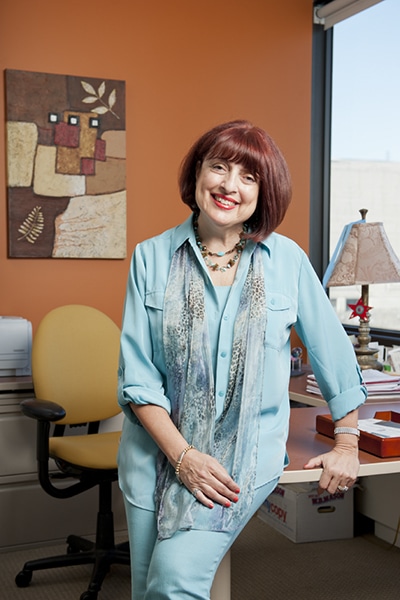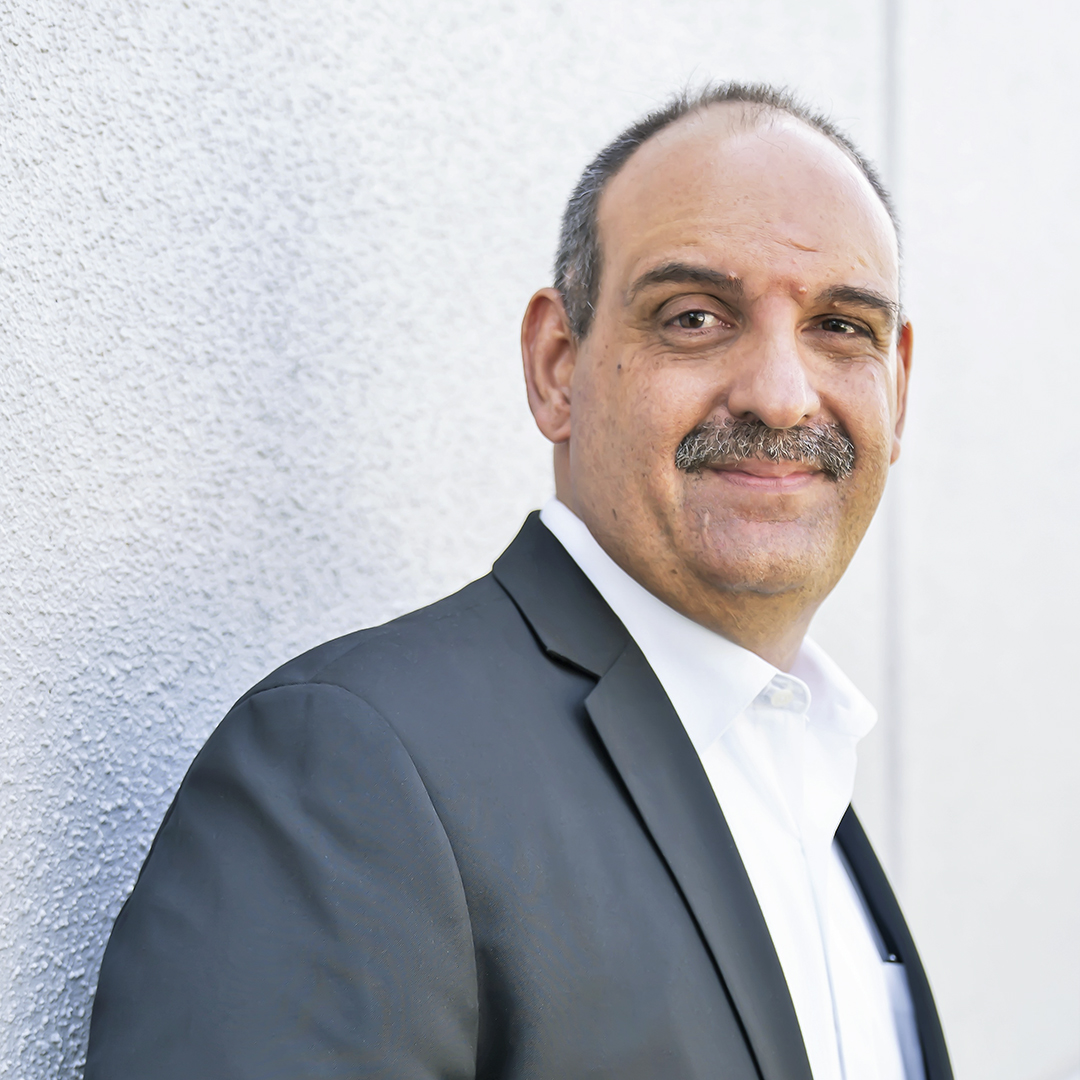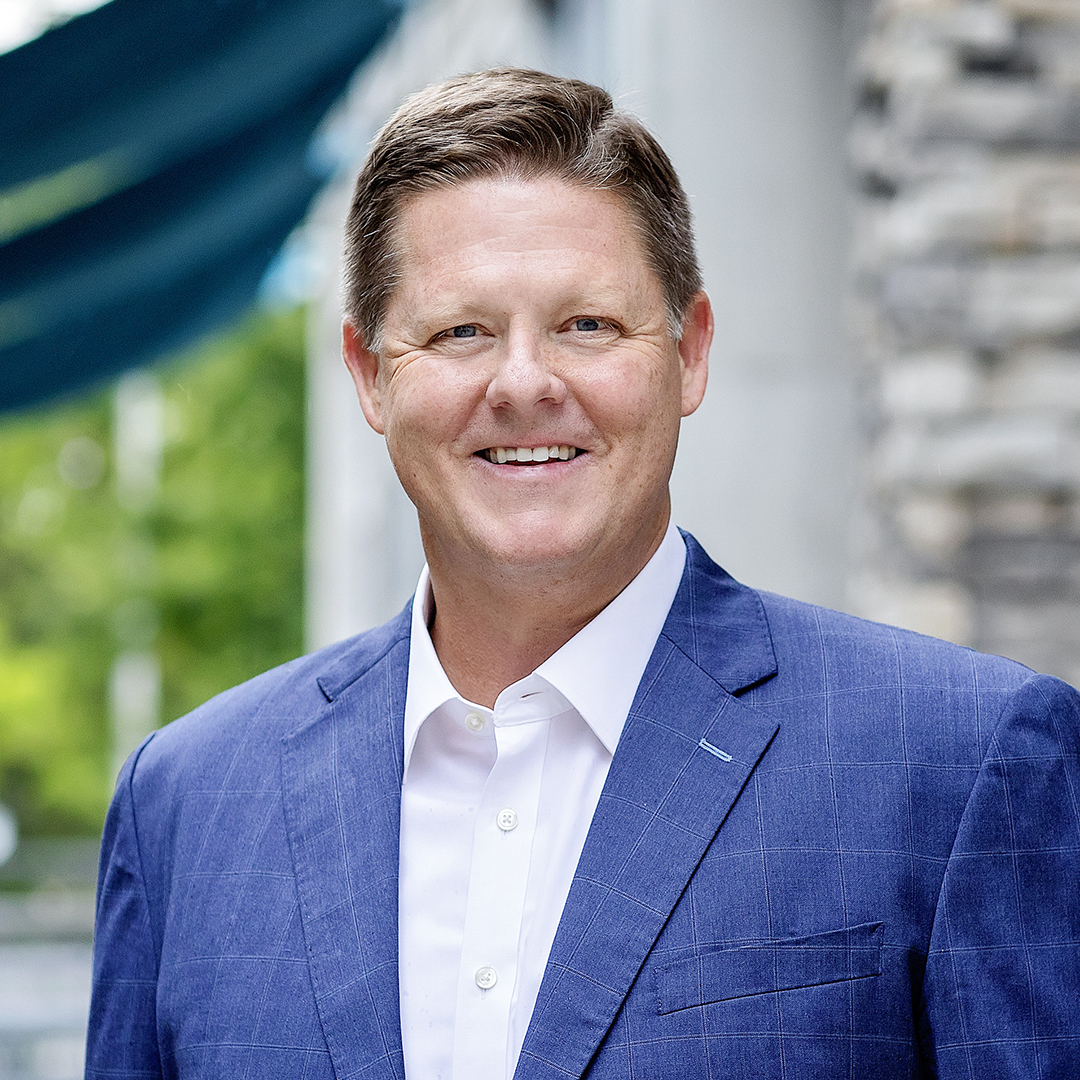Family caregivers, accounting for $520 billion worth of annual caregiving, are the unrecognized and undervalued backbone of the healthcare delivery system. Lois Simon, the executive vice president of policy and programs at Seniorlink, an innovative care collaboration solutions company, is dedicated to shining a spotlight on family caregivers by acknowledging their efforts and developing solutions to streamline and alleviate their often difficult and emotionally taxing work.
“Without devoted family caregivers, the healthcare system would collapse,” Simon says.
Family caregivers rarely identify themselves as such; rather, they think of their efforts as merely fulfilling their role as spouse, son, or daughter although the demands are equivalent to that of a part- or full-time job.
Given the critical role the family caregiver plays within our healthcare system, Simon contends it behooves the industry to recognize this committed workforce and actively engage them in the care management process.

Setting the Standard of Care
Simon has an impressive background in healthcare. Having co-founded the Commonwealth Care Alliance, an organization that provides resources for people with dual eligibility for Medicare and Medicaid in 2003, then founding her own healthcare integration strategy consulting firm, L. Simon Solutions LLC in 2013, Simon’s professional experience and leadership skills have equipped her for a career in federal and state government relations, healthcare policy advocacy, program development, and operations.
But her personal experience as a caregiver made her a successful advocate for caregiving. In 2011, Simon’s father, at age eighty-six, was diagnosed with pancreatic cancer.
“Lo and behold, out of nowhere, he has a routine screening test for something different—and they diagnosed him,” she remembers. “From that moment on, our family began living the inadequacies of the healthcare system and support system firsthand.”
Simon’s experience as a caregiver consisted largely of helping her father and mother navigate a complex medical care system and coordinating his care in a treatment orientation—getting him the right specialists, taking him to appointments, ensuring that he had the right meds, she says.
“Without devoted family caregivers, the healthcare system would collapse.”
After Simon’s father passed away in 2013, her mother—who rallied to care for her husband until the very end despite her own chronic conditions—required continuous treatment of her own. Understandably, however, her treatment looked much different than that of Simon’s father. It had to look beyond her conditions and adjust to speak to her needs more holistically.
“She needed me to make sure that the communication among various healthcare providers was cohesive,” Simon recalls. “But we also had to address her isolation as a widow, living in a single-family home in a neighborhood that was not accessible except by driving. She very much depended on me for helping her access the world outside of the walls of her home.”
For Simon, like so many of the families her company now serves, caregiving was a 24/7 endeavor. She began to understand on a personal level what families go through, making her transition to Seniorlink a natural fit.
“Seniorlink’s mission is really that of transforming care management in the home with the caregiver at the center of our model,” Simon says. “We have professional care teams made up of nurses, social workers, and coaches; we provide the caregiver ease of access to communicate and collaborate with their care team through our innovative technology. We endeavor to give the caregiver everything she or he needs to be successful. Seniorlink is dedicated to fundamentally impacting the experiences of both the recipient of care and the caregivers who are supporting that care. Because without the caregiver’s eyes and ears, delivery of healthcare broadly, falls apart.”
Giving Above and Beyond
Using twenty years of every day, real life experience, Seniorlink has been referred to as a “living laboratory.” The company has developed a care collaboration platform called Vela that integrates a family’s caregiving needs and responsibilities into one place. The platform boasts “asynchronous communication” between various parties, allowing interaction between care managers and providers in an organized way, whether it’s by sharing documents, discussing discharge plans, exchanging medication lists, or communicating subtle changes in condition warranting medical attention. The platform and the Seniorlink coaches behind it are equipped with strategies, protocols, and techniques that prepare caregivers for a host of situations that may arise.
For a family providing care to a loved one with dementia, for example, the platform has informational strategies that educate and prepare caregivers for inevitable circumstances. “To know in advance what’s coming and feel equipped to manage some of those behaviors—in the home environment—can make a stunning difference in a family member’s ability to remain in the caregiving role,” Simon says.
From a policy perspective, empowering family caregiving has the capacity to effect radical change in the industry at large. The healthcare industry is transitioning away from a fee-for-service approach, where clients pay for a particular service, to a fee-for-value approach, where compensation is awarded based on achieving certain outcomes, such as reducing hospital and emergency room visits through preventative measures.
Now paired with over six thousand families across eight states, Simon and the entire Seniorlink team are working to generate more awareness and support for family and caregivers, while leveraging its Vela technology to serve millions, not just thousands.
With more than 44 million family caregivers across the nation, Seniorlink is dedicated to recognizing and supporting caregivers beyond those they currently serve. Last year, Seniorlink CEO Thomas Riley took out a full-page ad in the Washington Post, penning a letter to all caregivers. According to Simon, the intimately personal responses the company received were awe-inspiring.
“Caregiving resonates with the masses,” Simon says. “It reflects who we are as human beings, but we haven’t until recently raised the awareness and called it out for what it is—and recognized it as a function, a role, and an identity that so many of us share in.”


